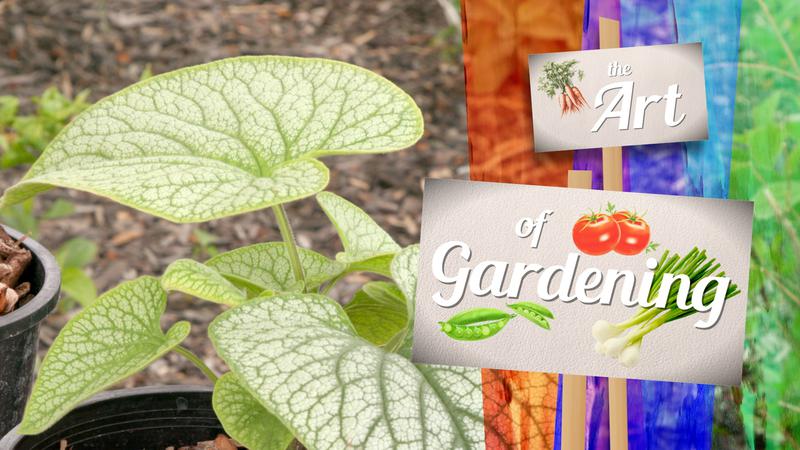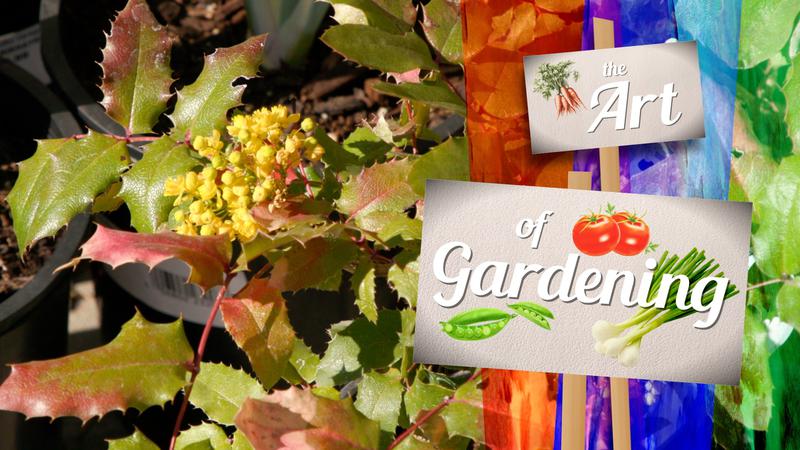
Newly-formed Indigenous group wants Horgan to issue an apology for the Sixties Scoop
KAMLOOPS — Inspired by a similar society in Alberta, a society has been formed for the victims of the Sixties Scoop in B.C.
The Sixties Scoop Indigenous Society of British Columbia (SSISBC) is headed by Pamela Abraham. She wants to make sure British Columbians are aware of the Sixties Scoop. Abraham spoke to CFJC Today at the traveling exhibit Bi-Giwen: Coming Home – Truth-Telling from the Sixties Scoop.
“When I tell [others] we’re having an exhibit at the museum, they go, ‘What is that? What is Sixties Scoop?’ We are here to bring lightness to that,” she said.


